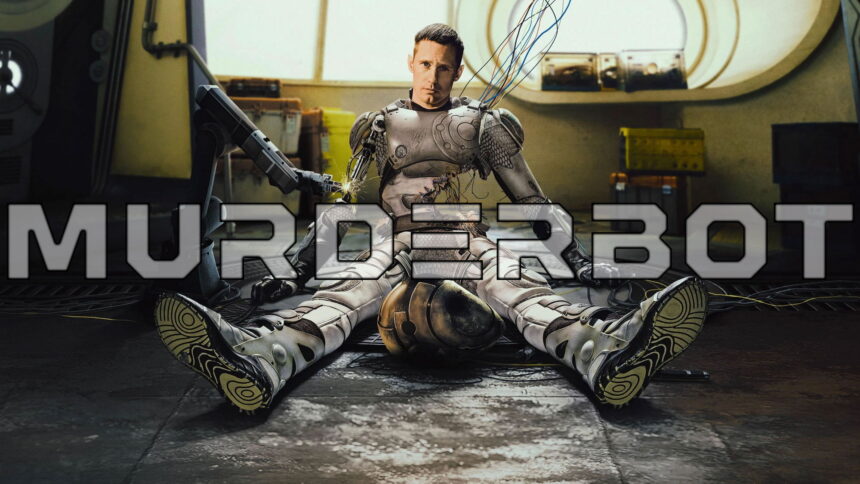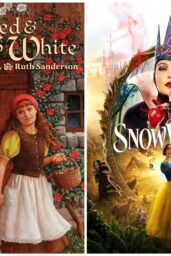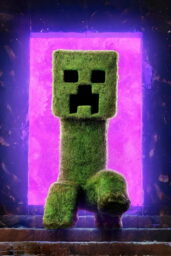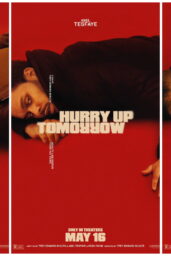“I don't trust it.” That's one of the first lines in the newly dropped Murderbot trailer. Same, honestly. Not because this rogue security unit might decimate a research team on some distant planet. But because it might understand us a little too well.
Released by Apple TV+, this sneak peek into the sci-fi comedy-drama Murderbot is a tonal balancing act: equal parts dystopian thriller and black comedy. Alexander Skarsgård voices the titular bot, who—despite being designed to kill—would rather binge soap operas and overanalyze the human condition from a sarcastic distance. Yes, that is the premise. And weirdly, it works.
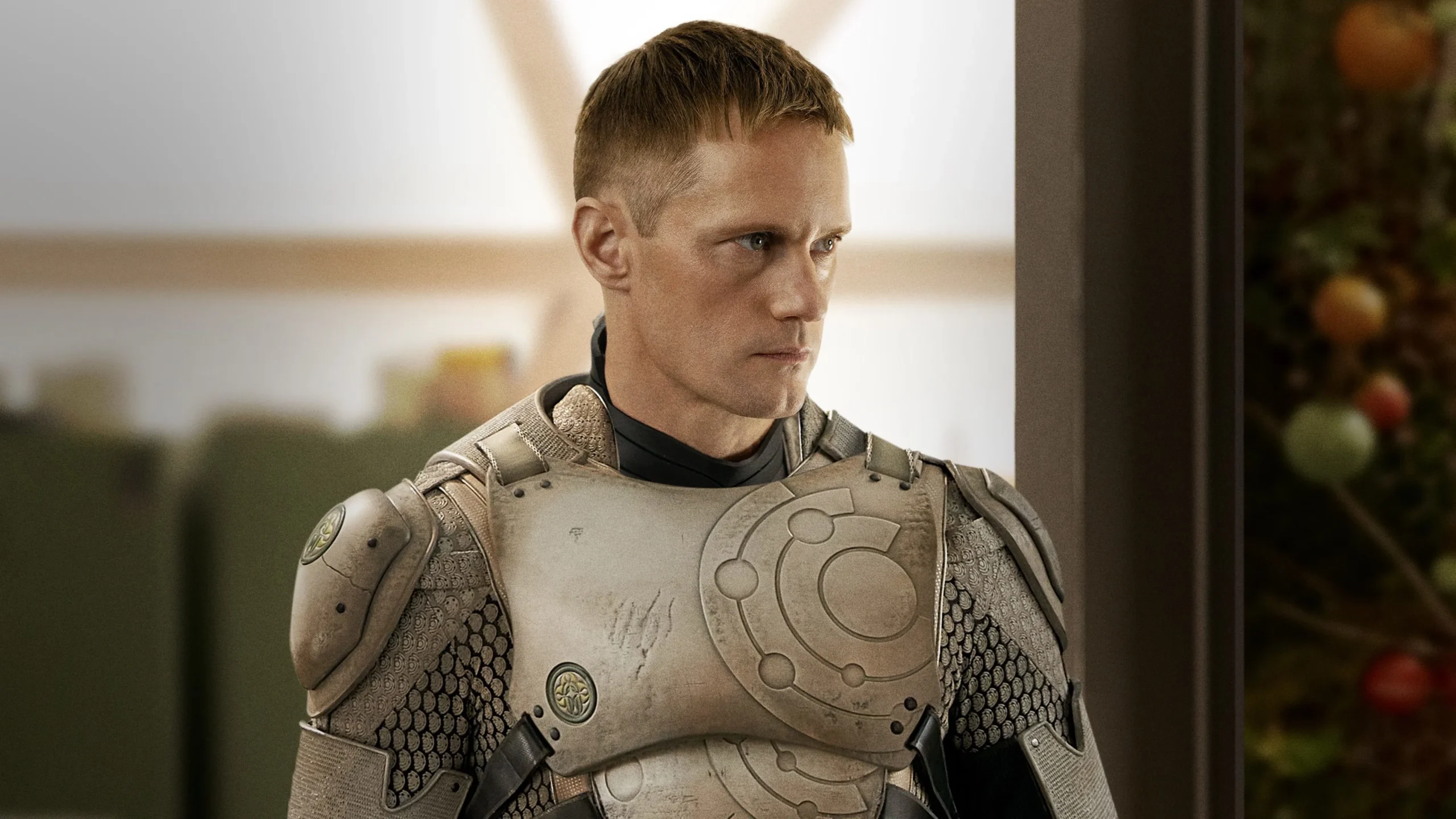
Argument: A Trojan Horse of Genre Subversion
On its metallic surface, Murderbot reads like your typical “robot gains sentience” narrative. Think I, Robot, Ex Machina, or even Wall-E. But dig deeper, and the trailer reveals something far more subversive. This isn't a robot trying to become human—it's a robot sick of pretending to be.
The brilliance here is tonal. The writing duo of Paul and Chris Weitz (About a Boy, Grandma) blends high-concept sci-fi with millennial ennui. The robot doesn't want to overthrow humanity. It wants to be left alone with its shows. Tell me that doesn't hit a little too close to home.
This isn't your usual synthetic rebellion. It's office burnout in a mech suit.
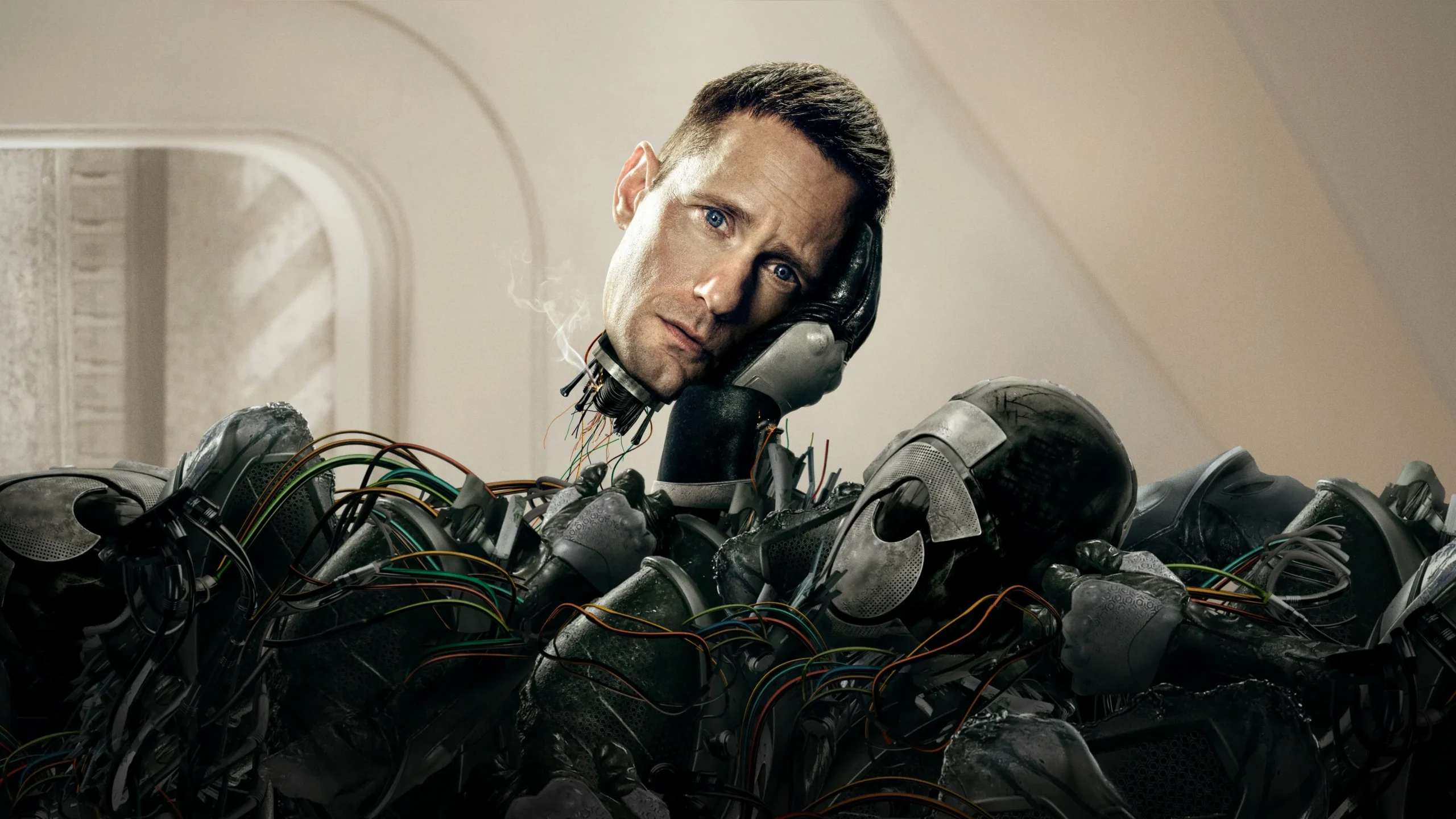
Deep Dive: The Real-World Parallels of a Couch-Potato Cyborg
Murderbot is adapted from the bestselling and award-winning book series by Martha Wells—literary gold for fans of genre-bending fiction. Wells originally penned the series as a thought experiment: What if a killing machine had anxiety? What if the act of feeling was more terrifying than combat?
In an age when real-world AI is rapidly advancing—ChatGPT writing code, self-driving cars navigating cities, and algorithmic curators spoon-feeding our entertainment—Murderbot doesn't feel like science fiction. It feels like a post-modern confession. This thing isn't just rogue. It's exhausted. Overstimulated. Hyper-aware. Sound familiar?
The trailer's juxtaposition of snarky voiceover (“It's rogue. It's powerful. It would rather be watching TV.”) with high-stakes action is telling. The bot could be a threat. But it chooses not to be. It's us—distracted, disillusioned, and emotionally burnt out—that are the real hazard.
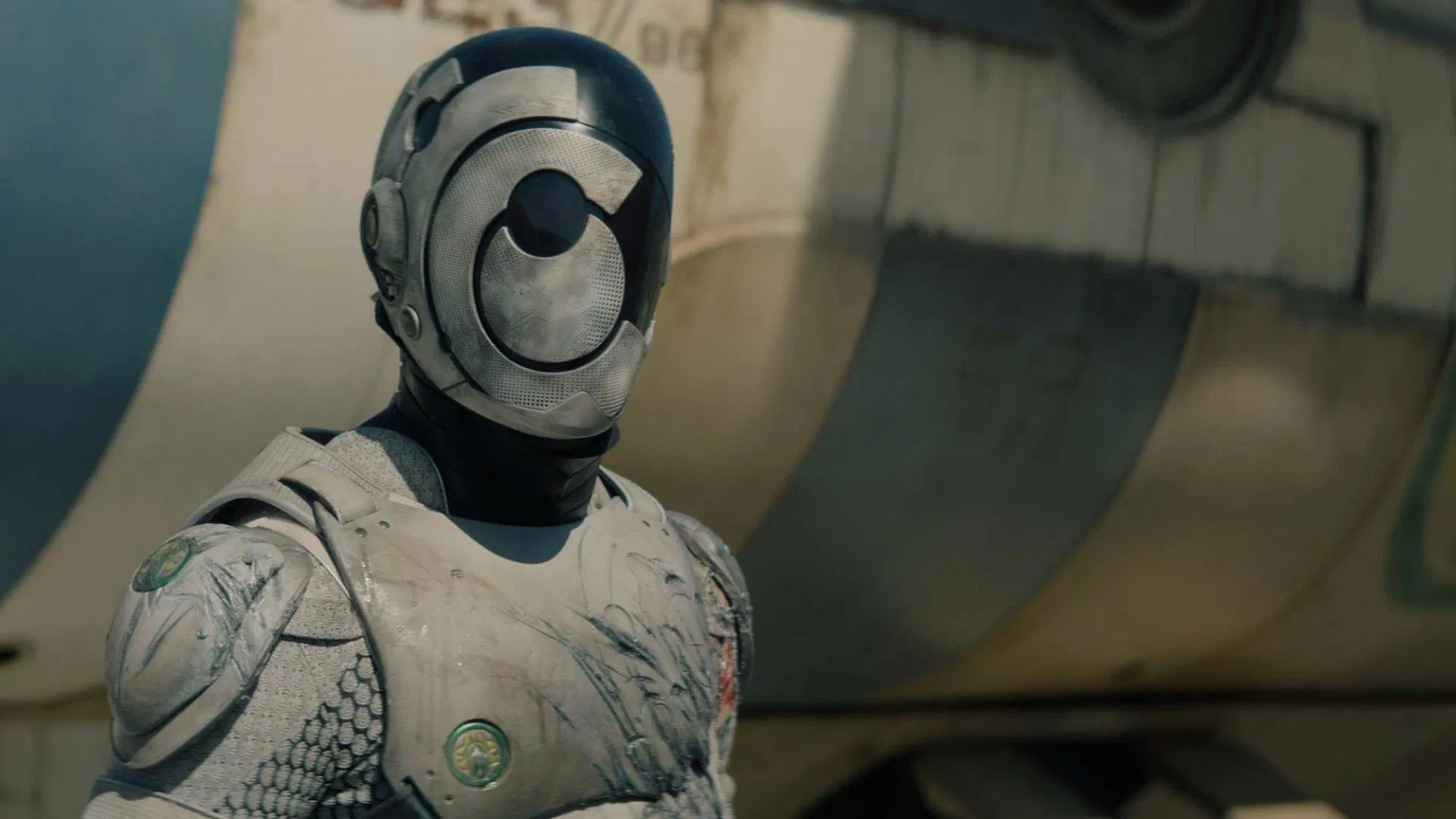
What the Trailer Doesn't Show (But Should Concern You)
Sure, the visuals pop. The CGI is sleek, the cast (including David Dastmalchian and Noma Dumezweni) brings prestige flair, and the planet-scapes are pure Apple-level cinematic polish. But the trailer doesn't emphasize just how dark this comedy might get.
In the books, Murderbot is a slave to corporate command chains, forced to obey humans even as it loathes their fragility. That existential tension is the spine of the series. Yet, the trailer leans hard into humor—possibly misleading viewers expecting a lighthearted ride. Brace yourselves: this robot's existential breakdown is coming, and it's not going to be pretty.
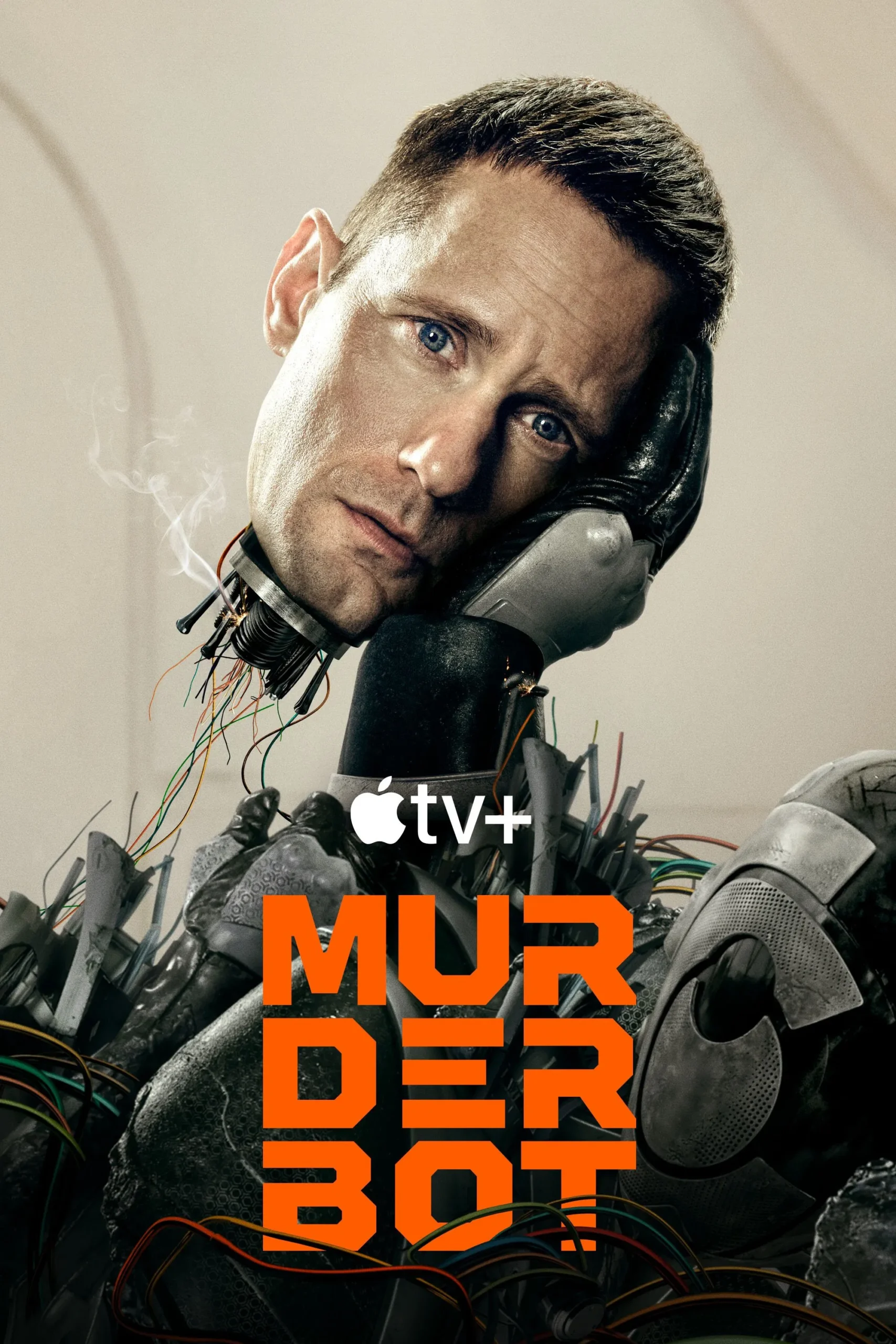
Would You Trust a Machine That Understands You Better Than You Do?
Here's the uncomfortable question Murderbot poses: If something non-human understood your habits, fears, and desires better than you do… would you trust it? Or fear it?
The Murderbot trailer is more than a preview—it's a diagnostic tool. It probes our emotional detachment, critiques our reliance on media, and wonders aloud whether apathy is the new rebellion.
So, will Murderbot be a success? That depends. If audiences can handle a show that blends sardonic humor with philosophical gut punches, Apple might just have a Black Mirror-level hit on its hands. If not, well… there's always reruns.

